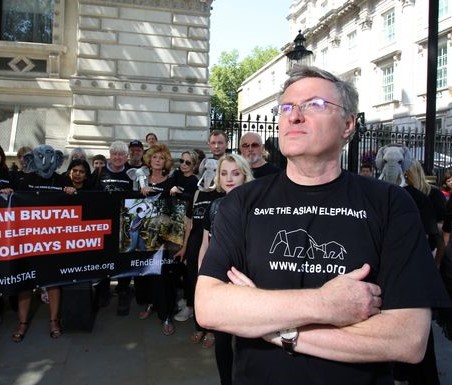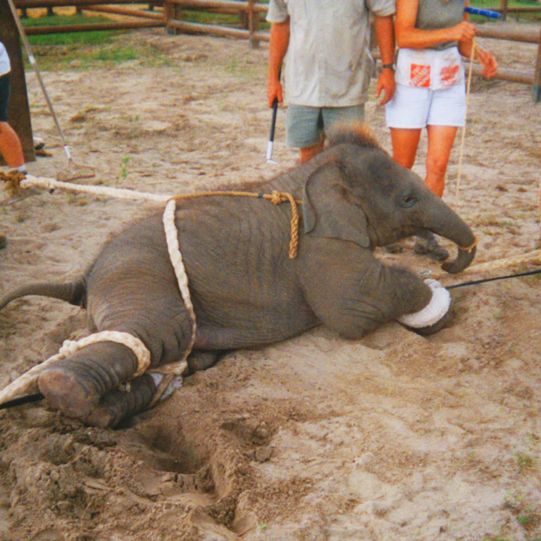On Monday, September 18, 2023, the Animals Low-Welfare Activities Abroad Act received Royal Assent, officially becoming law in England and Northern Ireland. Introduced by Angela Richardson MP and Lord Black of Brentwood, the Bill attracted cross-party support to end the promotion and sale of activities abroad that subject animals to suffering and exploitation for human entertainment. This article provides an in-depth analysis of how this new law will reshape marketing strategies and details the proactive measures the industry can adopt to combat animal cruelty within the UK.


On Monday, September 18, 2023, the Animals Low-Welfare Activities Abroad Act received Royal Assent, officially becoming law in England and Northern Ireland. Introduced by Angela Richardson MP and Lord Black of Brentwood, the Bill attracted cross-party support to end the promotion and sale of activities abroad that subject animals to suffering and exploitation for human entertainment. This article provides an in-depth analysis of how this new law will reshape marketing strategies and details the proactive measures the industry can adopt to combat animal cruelty within the UK.


Riding elephants, photo shoots of cuddling wild animals and swimming in pools with dolphins are all part of the human spirit that seeks new thrills. But unbeknownst to many, the animal tourism industry inflicts unnecessary suffering on millions of animals worldwide, often highly endangered species. Dolphins beach themselves for an applause, ostriches are exploited for sport, while big cats are drugged and declawed for a selfie. Save The Asian Elephants (STAE) reports that over 1,200 UK companies currently promote nearly 300 overseas attractions involving cruel treatment of Asian elephants alone. While the UK lacks jurisdiction to prohibit these activities abroad, it does possess the authority to ban their sale and promotion domestically. The IPM breaks down how this legislation will affect promotional marketing strategies and next steps for the industry to take a stand against animal cruelty.
Riding elephants, photo shoots of cuddling wild animals and swimming in pools with dolphins are all part of the human spirit that seeks new thrills. But unbeknownst to many, the animal tourism industry inflicts unnecessary suffering on millions of animals worldwide, often highly endangered species. Dolphins beach themselves for an applause, ostriches are exploited for sport, while big cats are drugged and declawed for a selfie. Save The Asian Elephants (STAE) reports that over 1,200 UK companies currently promote nearly 300 overseas attractions involving cruel treatment of Asian elephants alone. While the UK lacks jurisdiction to prohibit these activities abroad, it does possess the authority to ban their sale and promotion domestically. The IPM breaks down how this legislation will affect promotional marketing strategies and next steps for the industry to take a stand against animal cruelty.





News
Pringles × Super Mario: The Boss Level Brand Partnership That Won the IPM Grand Prix
Brand Culture, last year’s IPM Grand Prix winners, reveal how Pringles × Super Mario turned a brand partnership into shelf-side excitement, from the Mystery Flavour “question block” idea to collectable character cans.
HFSS Advertising Regulations: What Marketers Need to Know
HFSS regulations have entered a new phase. This article breaks down what the latest rules mean for marketers, where the key risks sit, and how IPM tools and legal support can help.
Promotions Wrapped! Playing Back the Biggest Trends of 2025
From Superman on The Shard to ‘AI slop’, see what cut through in 2025...






